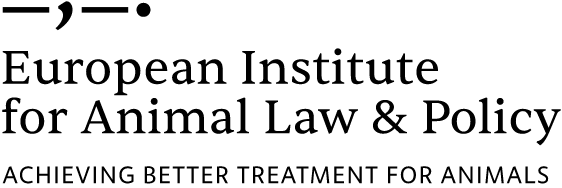Document type: Report of the European Institute for Animal Law & Policy
Authors : Alice Di Concetto, Eugénie Duval, Benjamin Lecorps
Preview: Among the EU's official quality certifications, only the Organic Certification explicitly contains animal welfare rules. Adopted in 1991, the EU Organic Regulation was most recently revised in 2018, with the changes of this revision entering into force on the first day of 2022.
The inclusion of additional species, such as bees, rabbits, deer, and certain types of fish, is one of the most significant updates that was included in the 2018 revision. The Regulation also now includes animals at additional stages of production - breeding sows and egg-laying hens, as well as juvenile egg-laying hens.
In 2021, the European Commission - the EU's executive branch - further announced the European Green Deal's "EU Organic Action Plan," which is a series of policy, legal, and regulatory measures that aim to reach "at least 25% of EU's agricultural land under organic farming and a significant increase in organic aquaculture by 2030."
Overall , animal welfare standards in the EU Organic Regulation have improved over the past 30 years . Moreover , animal welfare rules in the EU Organic Regulation represent a significant improvement compared to minimum animal welfare standards in EU farm animal welfare legislation ,even though animals in certified organic production still stand to benefit from further improvements yet to be implemented.




